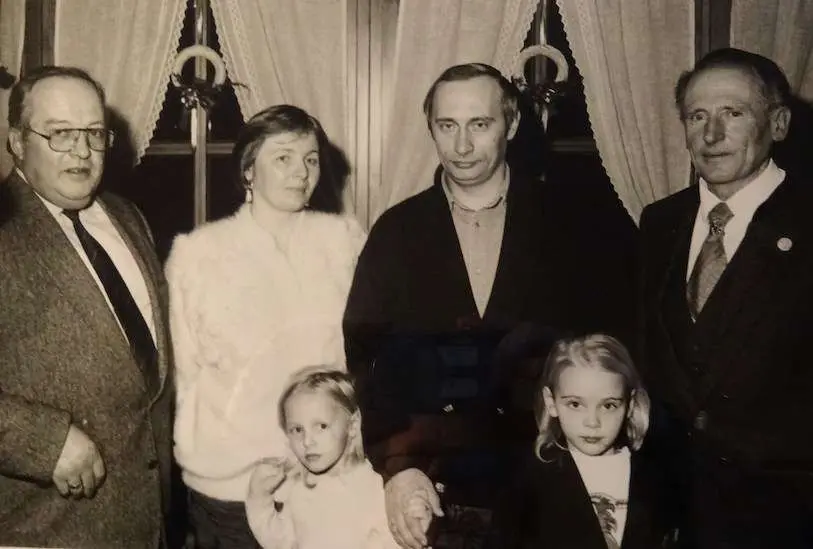Putin's trauma

Exactly 31 years ago, on 25 December 1991, Kremlin leader Mikhail Gorbachev resigned as the last president of the Soviet Union, founded in 1922. In a TV address, he expressed regret that his attempts to preserve the state in a new form had failed. The red flag with hammer and sickle was lowered on the Kremlin. De facto, the superpower had already disintegrated with the failed coup against Gorbachev in August 1991 and with the declaration of independence of the three Baltic republics and Ukraine.
The subsequent "Commonwealth of Independent States" (CIS) was no more than a loose union of 16 former Soviet republics led by Russia.
The President of the Russian Federation, Vladimir Putin, who has been in office intermittently since 1999, later described the dissolution of the Soviet Union as the "greatest geopolitical catastrophe of the 20th century".
With the military attack on Ukraine on 24 February 2022, which is contrary to international law, he wants to achieve a re-emergence of a Russian empire by military force, eliminating independent civil society initiatives and basic Western values.
The dissolution of the Soviet Union was astonishingly peaceful, as four of the then still living signatories or contributors to the "Agreement on the Establishment of the Commonwealth of Independent States" reported at a conference in the Diplomatic Academy in Vienna in November 2021.
What happened then, on 8 December 1991, in a state dacha in the Belorussian forest of Belovezh, had not been planned at all by the heads of state and government of the three Soviet republics Belarus, Russia and Ukraine. There was no agenda. The Belarusians actually only wanted to discuss energy supplies from Russia, the then Belarusian parliamentary speaker Stanislav Shushkevich recounted.
The dissolution treaty with the Soviet Union negotiated there was neither treason nor conspiracy, explained the then Ukrainian Prime Minister Witold Fokin. "I thought of Ukraine having a real chance to become an independent and sovereign state," he described. On 1 December 1991, more than 90 per cent of Ukrainians - including a majority of Russians living there - voted for Ukraine's independence in a referendum.
This gave Ukraine "outstanding legitimacy for its centuries-long quest for sovereignty", emphasised former Russian Deputy Prime Minister Gennadi Burbulis at the conference in Vienna.
In the Budapest Agreement of 1994, Ukraine, Belarus and Kazakhstan - in exchange for the surrender of nuclear weapons - were assured by Russia, the USA and Great Britain of respect for political and economic independence as well as territorial integrity, including the renunciation of violence and the threat of violence.
For Putin, just a piece of worthless paper.
Photo Putin:
Putin spent Christmas 1992 with his wife Ludmilla and two daughters in Göstling (Lower Austria). At the time, he was Vice-mayor of St. Petersburg and responsible for construction in the city administration of St. Petersburg. A Lower Austrian building contractor invited Putin to spend a skiing holiday on the Hochkar. The family were put up in a cheap B&B-pension.
On the photo: Vladimir and Lyudmila Putin with daughters Ekaterina and Maria. The daughters even sang Christmas carols in German. Göstling's mayor Viktor Gusel and deputy mayor Ernst Zettl.









